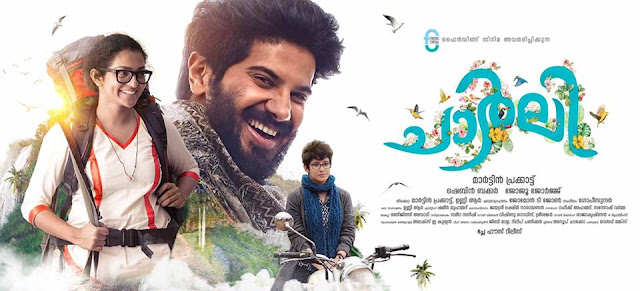Daughter of the Swords (Fated Blades # 1) by Steve Bein.
If I actually pause and look over the past few books that
I’ve been gung-ho about and have been devouring heartily, a common theme
emerges: JAPAN.
Yamada Monogatari was an
indie piece based on Medieval Japan and Oni and rice-paper ghosts. Was more of
a slow-burn – with a Japanese ronin Sherlock Holmes for a hero and the story
being a kind of a delicious mystery drawing you in to a power struggle for the
throne. And then I got started on this - Daughter
of the Sword by Steve Bein - A noteworthy debut
that came in 2012 –And is such an exquisitely written urban fantasy overlaid
with detailed Japanese history that it begs to be finished in one sitting.
And currently am reading a steampunk fantasy heavily
inspired by Japanese mythology – a story called Stormdancer by Jay
Kristoff – the end parts of this trilogy (EndSinger) should be
hitting the stores right around the corner. Exciting stuff. Mindblowing worldbuilding
skills ever.
So coming back to Daughter
of the Sword – this is one heck of a solid debut and Steve Bein is
definitely a powerhouse talent that I’m keeping my eyes open for. This book is
primarily an urban thriller set in modern day Tokyo – but crisscrossed with
some detailed Japanese historical fiction. I am not sure of the “fantasy” tag
to this debut – but it’s a wildly exciting tale that sees police procedural
mixed up with oriental sword-play. And I’m not the one complaining.
So the blurb actually doesn’t do justice to the layered
story-telling. It primarily is the story of Mariko Oshiro – the only lady
detective on the Tokyo Metropolitan Police Department. Now Steve could have
played just this one card and made the story wildly exciting and interesting. But
he chooses to infuse the story with historical layers – going back to the times
even before the first Shogunate of Japan – then cutting back to 16th
century and finally bridging the gaps in 1945, the end of second world war. The
manner in which these stories are linked together is fascinating.
So Mariko – struggling against the stereotypes and
chauvinism – is vying to get into the more exciting narcotics investigation
department. But the fact that she is female and has a sister – struggling with
her addiction to drugs – makes things doubly difficult. These struggles mired
in a long rich historical context of Japan actually makes Mariko’s story more
appealing – and elicits the reader’s empathy effortlessly. We’ve seen this. Glass
ceiling. Gender bias. But Mariko rises up through all this.
Being assigned to a seemingly innocuous case of attempted burglary
for an antique sword seemed like the end of the road for ambitious Mariko. But
soon the layers peel off. Professor Yasuo Yamada – who owns the artifact – the antique
sword – seems like the perfect Master Shifu urging Mariko to find her inner
peace. As well as teaching her the art of sword-fighting simultaneously filling
her in on the fascinating history of this sword – entwined with two others. The
famed swords are the only ones to be made by a genius swordsmith named Inazuma to
have survived and shaped history.
Mariko gets drawn into the case – even as a new yakuzai in
town seems hell bent on changing the rules of drug-trafficking in the city. The
story gets twisty and delightful with the author going back in time to establish
the “fated” powers of the famed swords – each era detailing how the swords
rewrite the fates of the sword-wielders and those around them. The mention of
magic is subtle and not over-stated but remains an intriguing presence
throughout the story.
Mariko is a fascinating female lead to get behind of. Easy
to like, righteous to a fault and bogged down by her own personal demons, she
is definitely the central tour-de-force in terms of characters. The wise
sage/grasshopper sensei – Master Shifu aka Professor Yamada is someone we’ve
probably seen in different avatars but is a critical bridge to different parts
of the story. The rest of the characters as well – each era demanding a new “hero”
and plotline – are also very well-drawn out and confirm well to the overall
plot of the “fated” blades.
What makes this debut eminently readable is actually the detailed
research of Japanese culture that shines through Steve’s nuanced writing. I loved the way he delves into the cultural minutiae
of Japan across different eras – making it real and retaining all of the
complexities without losing the reader.
Overall, this is a fantastic debut and a series in which I
definitely will pick up the rest of the books. Mariko definitely deserves more
stories set in this world and am hoping Steve’s research brings in more aspects
of the Japanese culture to rest of the world. More power to you!




Comments